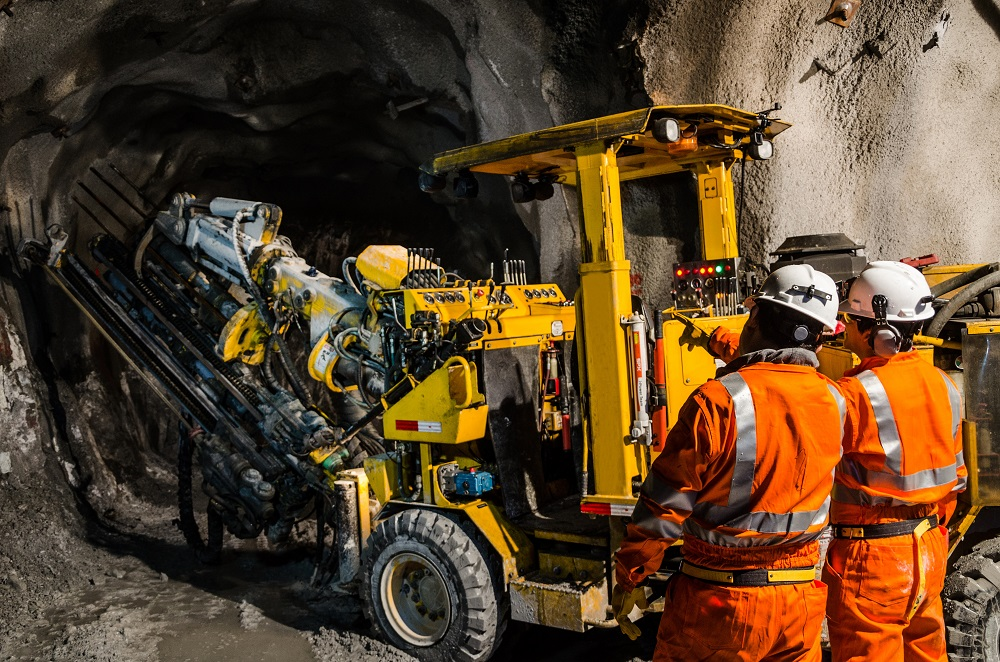By CHIMPREPORTS
Rwanda and the European Investment Bank have entered into a groundbreaking agreement on a new Critical Raw Materials investment partnership. This marks the first-ever critical raw materials agreement between the European Investment Bank, the world’s largest international public bank, and an African partner.
The European Union stated that this landmark agreement aims to “strengthen technical and financial cooperation to identify critical raw material sector investments that create skilled jobs, support economic development, and ensure environmentally and socially responsible development of critical raw material resources.”
Essentially, this implies that European companies will establish a presence in Rwanda to facilitate the extraction of critical materials for the European market. Rwanda possesses a variety of raw materials, including silica sands, kaolin, vermiculite, diatomite, clays, limestone, talcum, gypsum, and pozzolan. The country also asserts richness in other minerals such as gold.
In November 2023, the EU reached a provisional agreement on a European critical raw materials act, anticipating a substantial increase in demand for rare earths in the coming years. Critical raw materials (CRMs) hold high economic importance for the EU and are at risk of supply disruption due to concentrated sources and a lack of good, affordable substitutes.
The act’s objectives include boosting and diversifying the EU’s critical raw materials supply, enhancing circularity through recycling, and supporting research and innovation in resource efficiency and substitute development. This strategic partnership with Rwanda aligns with these goals and signifies a significant step toward ensuring a stable and sustainable supply of critical raw materials for the European market.

The European Union emphasizes that metals, minerals, and natural materials are integral to the daily lives of Europeans. As the EU shifts away from fossil fuels and embraces clean energy systems, the demand for base metals, battery materials, rare earths, and more is projected to increase significantly.
The EU’s green transition necessitates local production growth in batteries, solar panels, permanent magnets, and other clean technologies. The ambitious 2030 energy plans underscore the need for abundant access to a diverse range of raw materials to meet the corresponding demand.
Currently, certain critical raw materials crucial for the EU’s objectives are predominantly sourced from specific countries outside the EU:
– China supplies 100% of the EU’s heavy rare earth elements.
– Turkey provides 98% of the EU’s boron supply.
– South Africa contributes 71% of the EU’s platinum needs.
Recognizing that complete self-sufficiency is unattainable, the EU aims to diversify its raw material supply chain. This diversification strategy is crucial as the EU strives to achieve a 55% reduction in greenhouse gas emissions by 2030, setting the stage for Europe’s climate neutrality by 2050. To achieve these goals, the EU must navigate the twin transition, which involves decarbonizing the energy system and ensuring autonomy by securing access to and transforming critical raw materials.

The partnership between the European Investment Bank (EIB) and Rwanda was formalized with the signatures of EIB Vice-President Gelsomina Vigliotti and Dr Uzziel Ndagijimana, Minister of Finance and Economic Planning. The ceremony was attended by Rwandan President Paul Kagame and European Commission President Ursula von der Leyen.
Dr Uzziel Ndagijimana highlighted that the Joint Declaration with the European Investment Bank aligns with Rwanda’s commitment to sustainable economic development. He expressed anticipation in leveraging this new partnership to create skilled jobs, support the economy, and ensure the responsible utilization of critical raw materials.
Vice-President Gelsomina Vigliotti remarked that the partnership represents a crucial step in accordance with the Critical Raw Materials (CRM) Act, underlining its importance in advancing the goals of both parties. The collaboration is expected to contribute significantly to the sustainable development and responsible utilization of critical raw materials in Rwanda.

Vice-President Gelsomina Vigliotti emphasized the significance of securing access to the critical raw material value chain, aligning with the required Environmental, Social, and Governance (ESG) standards. Vigliotti highlighted that without such access, the green and digital transition would not be possible. Collaboration between Africa and Europe, according to Vigliotti, has the potential to unlock new investments, generate employment, and contribute to the responsible development of essential resources.
Following the agreement with Rwanda, the European Union has signed various agreements with the European Commission and countries such as the Democratic Republic of Congo, Namibia, and Zambia. EU officials stated that in the aftermath of the Rwanda agreement, the EIB Global technical and financing teams will intensify cooperation with critical raw material partners. The goal is to explore new investment opportunities and enhance access to finance for environmentally sustainable projects, thereby contributing to long-term sustainable economic development.







Discussion about this post